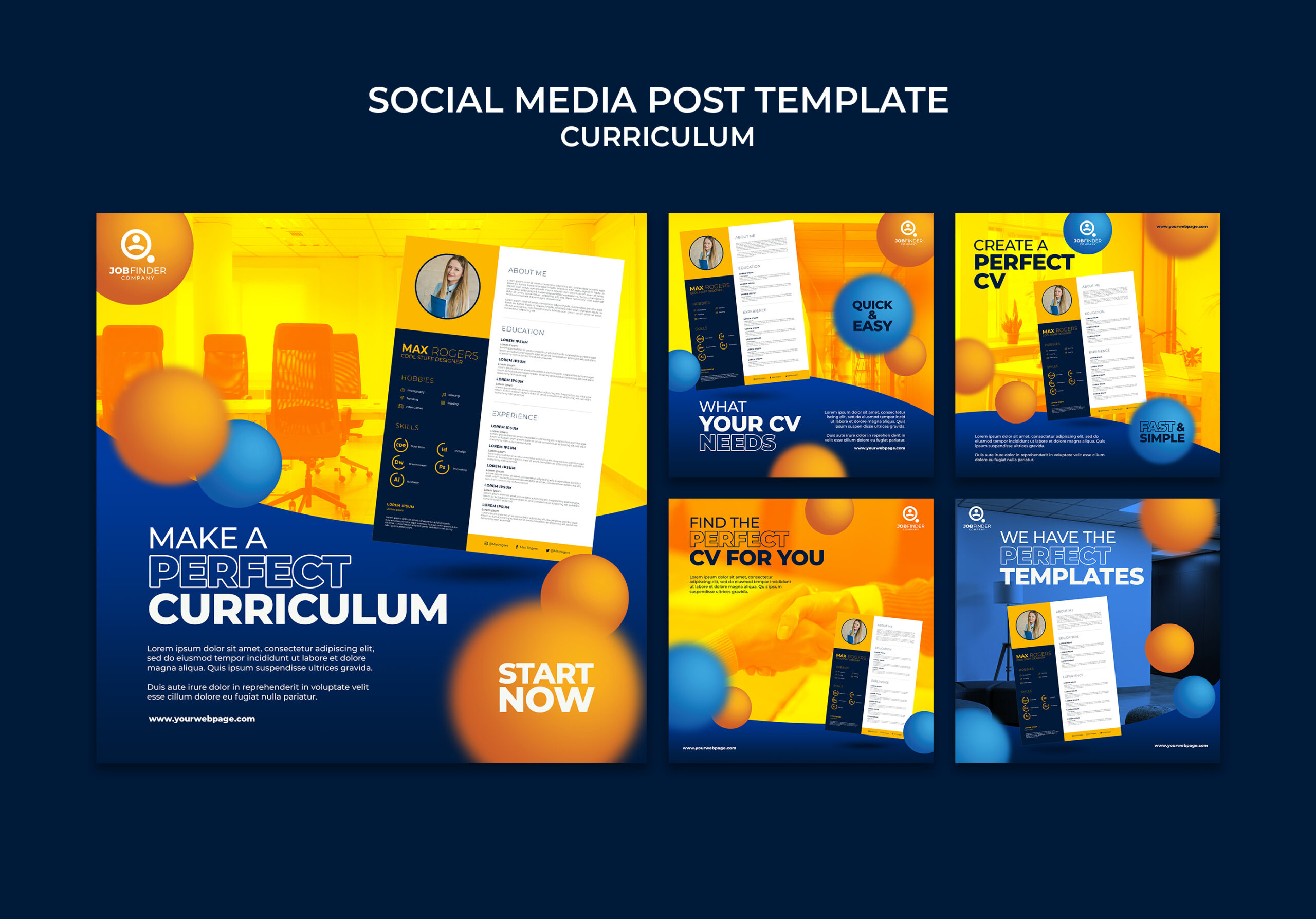
All The Secrets Of A Good Resume
The success of your job depends on the correctness of your resume. Secrets, tips, nuances – read and conquer career heights!
A good resume is necessary when looking for work, especially when many candidates apply for the same position. What should be written in it?
There is no perfect resume, and different situations may require emphasizing different aspects of the resume, whether it is education or work experience. If you are writing a resume for a specific job, it should be written specifically for that position.
If you are simply looking for a job and sending out a resume to employment agencies, then it should be as detailed and detailed as possible.
Anyway, there are some general rules and principles of how a resume should be written and what information it should include. First of all, it should be short – no more than two A4 pages, preferably numbered.
It should clearly and objectively describe your achievements and strengths and create a positive impression of you.
Title
It should be noted that in the U.K. your curriculum vitae (CV) is Latin for “course of life. In the U.S. and Canada CVs are more commonly used in academia and are a really detailed and comprehensive description of the candidate’s professional life (I recall the “autobiography” that had to be filled out by the personnel department in the Soviet era). The term résumé is used for an ordinary CV.
Personal Information
Be sure to include your name, address and contact information – phone, email.
It is up to you to list gender, age, marital status, and nationality. Employers need to assess your skills and abilities without this information.
Purpose
Indicate the position for which you are applying, with a code (if available), for example: Software Tester (ST15/4).
Brief Background
Describe your strengths – skills, personal qualities, achievements, work experience (briefly). Include your career goals (there is a strong emphasis on this point in the US).
The statement should not take more than a few lines and immediately attract attention. For example, if the position requires extensive human contact, you might mention your ability to work in a team and communicate well. Be succinct – you can give examples in the sections that follow.
Work Experience
If you have a lot of work experience, start with this section. If you don’t have enough experience yet, write about your educational background first.
It is a good idea to start with your most recent job and work backwards. Include the name of the organization, the period of employment, your position, and your main responsibilities. Describe in detail the work that is relevant to your current position, give examples of how you have applied your skills, and mention accomplishments. Use bulleted lists for easy reading.
Try to emphasize the relevance of your skills and experience to the job. Also mention any temporary or volunteer work, if relevant.
Avoid unexplained gaps in your employment history. If you have traveled for a long time, were on a job search, or took care of a relative, mention that.
Education
Similarly, start with the last one and move in reverse order. List schools, colleges, universities you attended, dates of degrees and/or diplomas. Mention any work-related seminars, training, or continuing education courses. Use a bulleted list or table for layout.
You may also describe your hobbies, interests, and accomplishments that are relevant to your work, but this is optional.
Interests And Achievements
For example, if you are a member of a club or society, it may show that you like meeting new people. Don’t write that you like cooking or reading books – these are too general hobbies to be of any interest to an employer. Keep your information specific and to the point.
Additional Information
You can include this section on your resume if you need to add something else – for example, explaining a big break in employment due to travel or family reasons. Other skills you might find useful can be included here, such as being able to drive a car or speak a foreign language.
These are the main points to include on your resume. There are many more tricks employers need to know. ResumeGets knows about them. They can help you with any resume.


